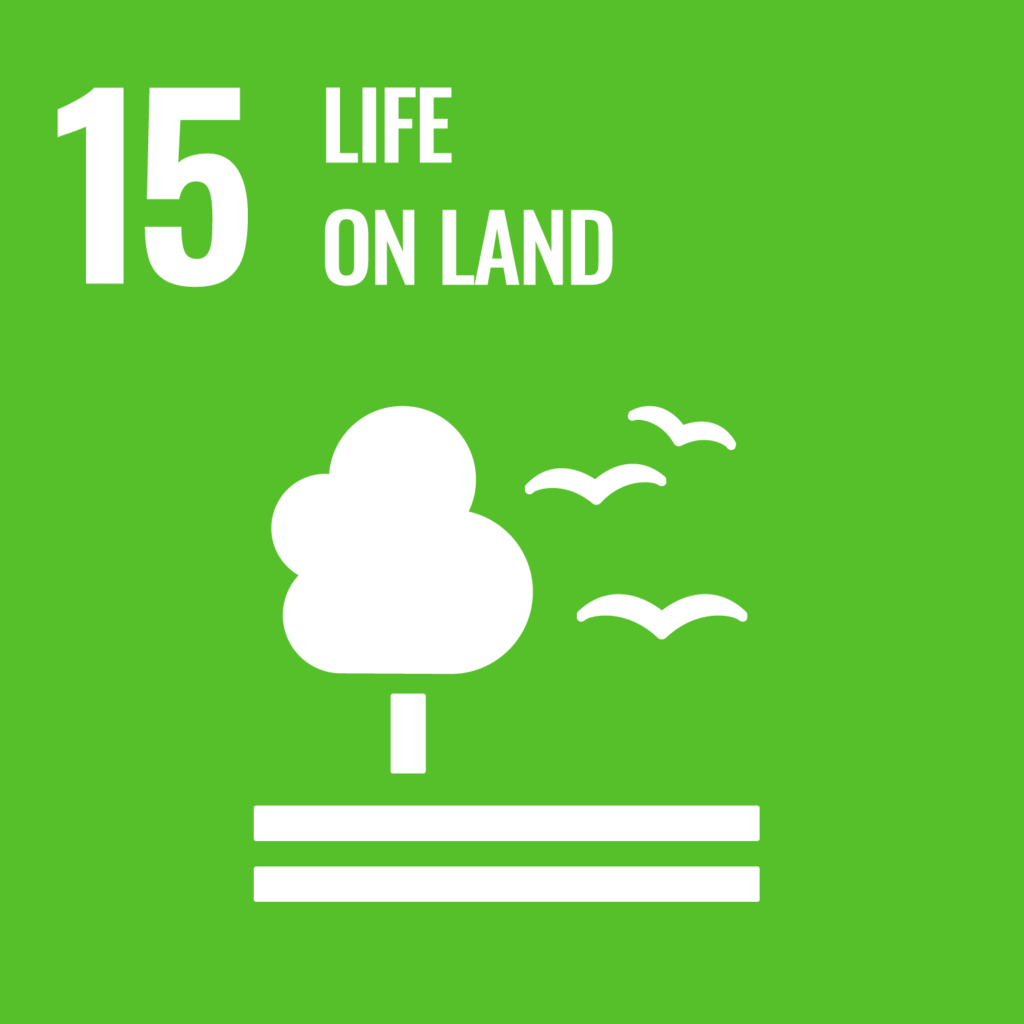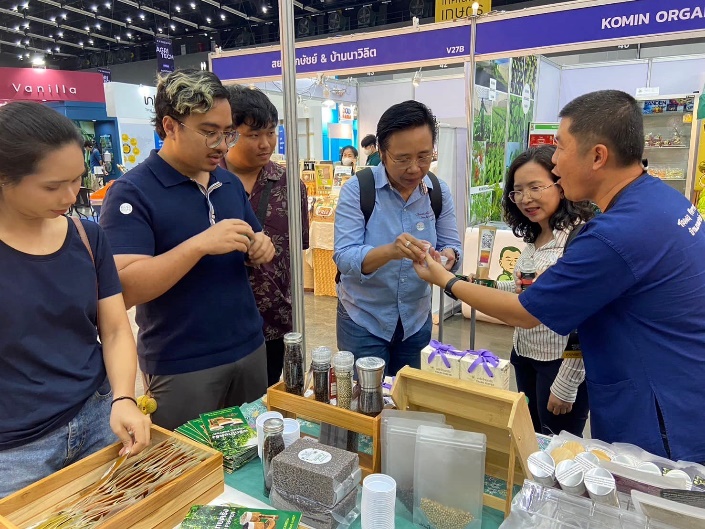Research and Innovation
Title:
Reporters: Asst.Prof.Dr. Prapot Maliwan
Assoc.Prof.Dr. Pornsil Seephueak
Asst.Prof.Dr. Nion Chirapongsathonkul
Asst.Prof.Dr. Worawitoo Meesook
Evidence Date: during 2024 Jan-Dec
Related Indicator: 15.4.2
Details:
The research project of Innovative on the Production of Biodegradable Pots from Water Hyacinth for Sustainable Waste Management by Assistant Professor Dr. Prasert Nontakan and his research team from the Faculty of Science, Rajamangala University of Technology Srivijaya, Thailand. The carried out a research project supported by institutional research funding. The project focused on producing biodegradable plant pots from water hyacinth, using cassava starch and cassava residues as binding agents. This innovative research aimed to develop environmentally friendly alternatives to plastic pots while utilizing local agricultural by-products.
The study evaluated the mechanical properties of two types of biopots to determine the most suitable composition. The results indicated that mixing ratios of 5:5 and 6:4 were optimal. The biopots were subjected to degradation testing over a 12-week period and complete decomposition was observed within 44 days. Signs of deterioration appeared as early as the third week, including swelling of the samples, detachment of fibers, and mold growth. The degradation process occurred gradually but was faster compared to control pots made from coconut fiber. These results confirmed that the biopots can effectively degrade and decompose in natural conditions within a relatively short period.
Furthermore, the research demonstrated that the biopots are practically applicable for plant cultivation. The project has also been extended to the development of processing machines for large-scale production of water hyacinth-based biopots. This advancement not only offers a sustainable solution for plant nurseries but also contributes to reducing plastic waste and alleviating environmental pollution. The outcomes highlight the potential of agricultural waste utilization in creating eco-friendly innovations that support both agricultural production and environmental conservation.
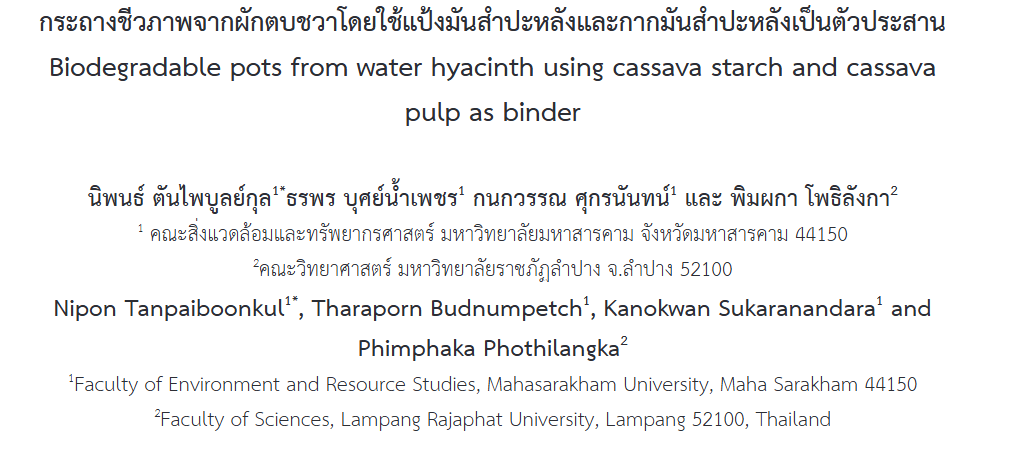
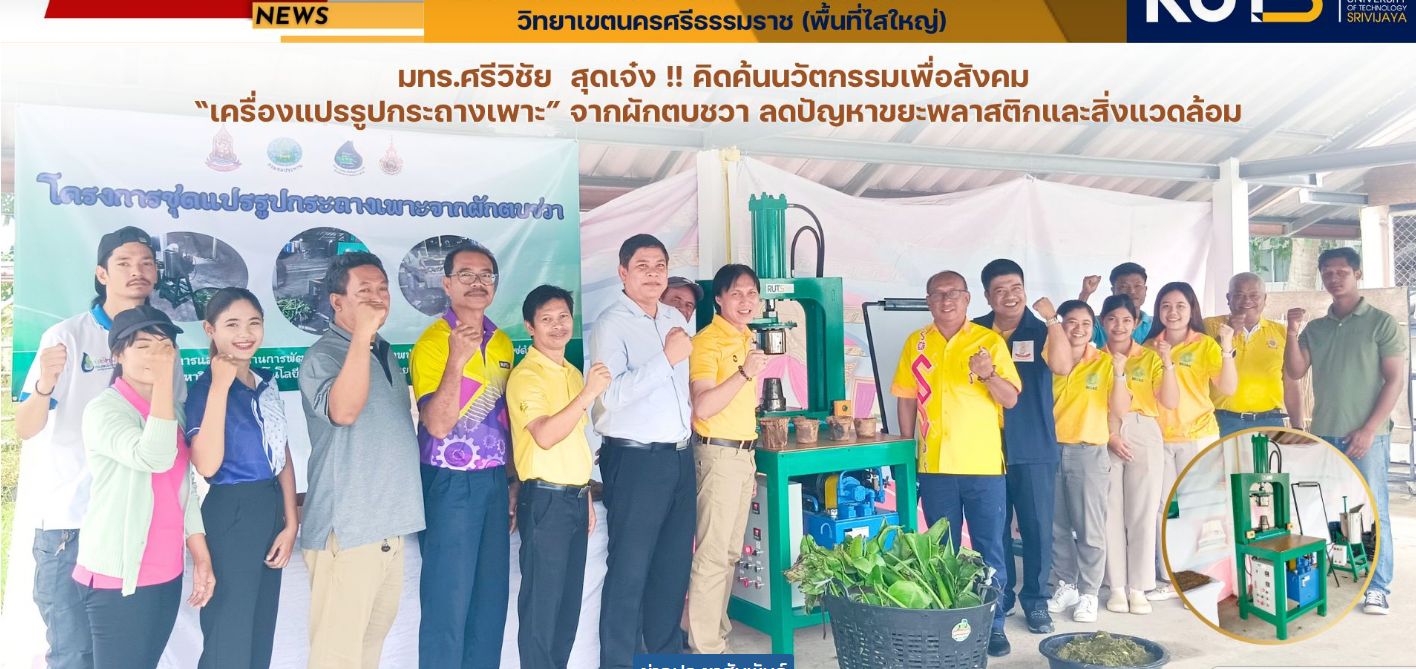
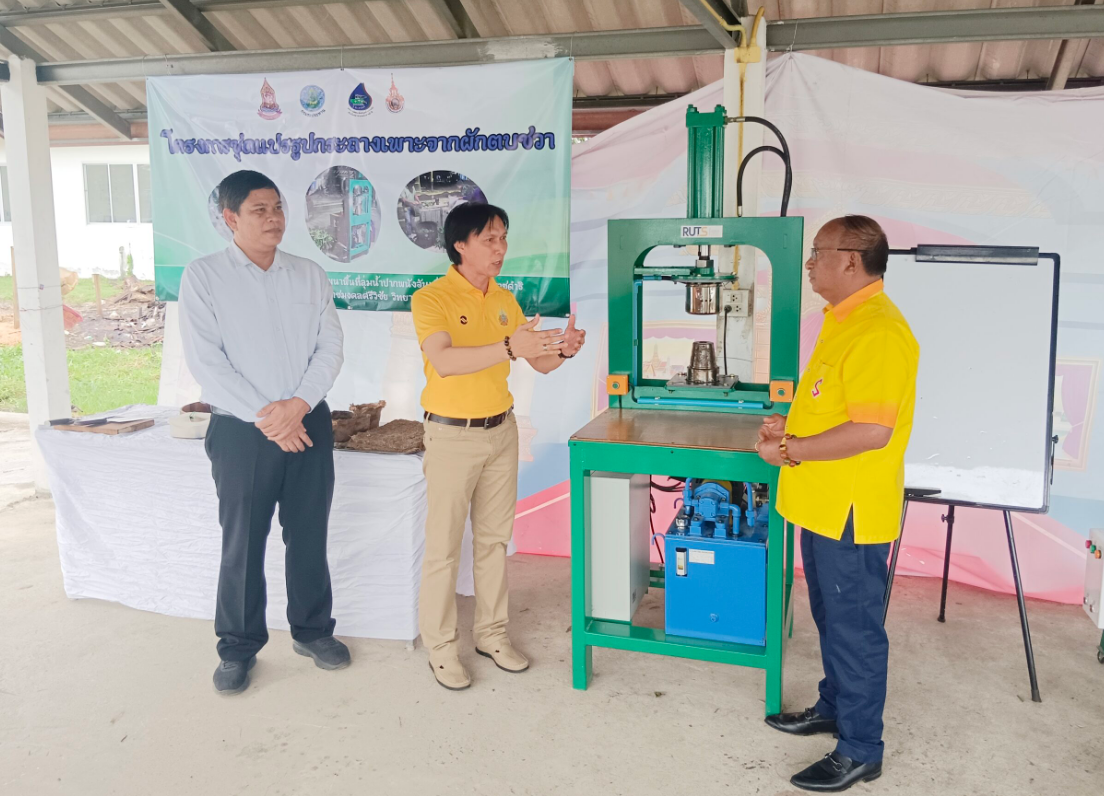
Related Links:
https://ph02.tci-thaijo.org/index.php/scihcu/article/view/245494/167443
https://ph02.tci-thaijo.org/index.php/scihcu/article/view/245494

